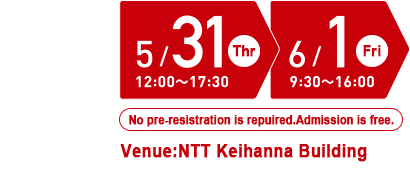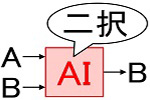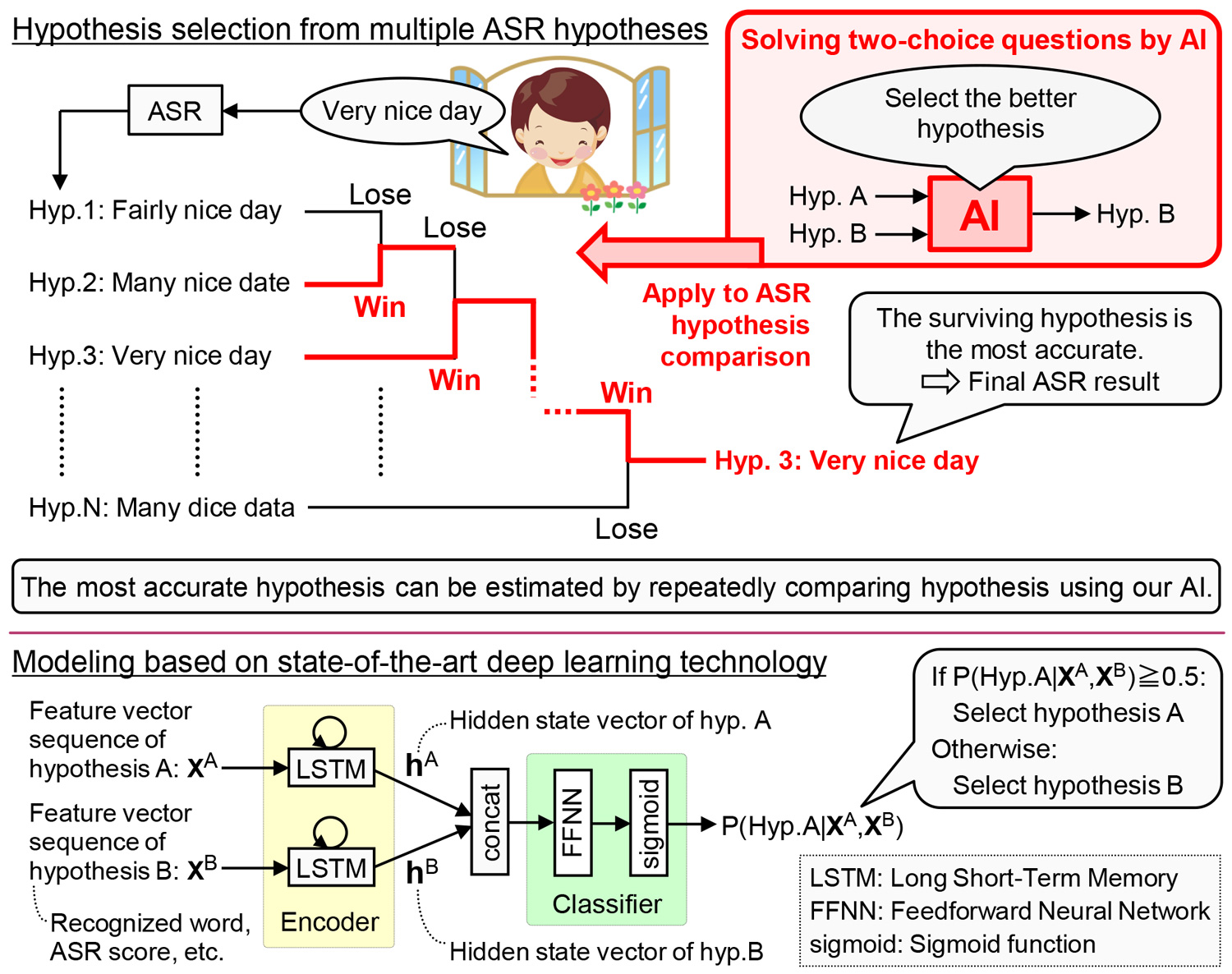
Science of Media Information
Solving two-choice questions makes AI clever
Deep pairwise comparison model for ASR hypothesis selection

Abstract
We propose an AI system (a deep learning model) that solves two-choice questions. Our system selects the better answer or hypothesis among two hypothetical answers to a problem. By applying such a hypothesis selection mechanism to the multiple hypotheses of automatic speech recognition (ASR), we can find the best hypotheses and thus greatly improve the ASR performance. Our AI system is modeled based on state-of-the-art deep learning technology. By focusing on solving simple two-choice questions, our system can achieve high performance with a small model size. Our system outperforms the de facto standard model for ASR hypothesis selection using only one-tenth the number of parameters. Our system can also be applied to other tasks that output multiple hypotheses such as machine translation or text summarization. In addition, we often solve two-choice questions in our daily life and we expect that our AI system will also help us make better choices when we have to reach important decisions.
Reference
- [1] A. Ogawa, M. Delcroix, S. Karita, T. Nakatani, “Rescoring n-best speech recognition list based on one-on-one hypothesis comparison using encoder-classifier model,” in Proc. of 2018 IEEE International Conference on Acoustics, Speech and Signal Processing (ICASSP 2018), April 2018.
[2] A. Ogawa, M. Delcroix, S. Karita, T. Nakatani, “Rescoring N-best ASR hypotheses based on one-on-one hypothesis comparison using encoder-classier model,” in Proc. of 2018 Spring Meeting of the Acoustical Society of Japan, 1-8-9, March 2018.
Poster
Photos
Presenters

Atsunori Ogawa
Media Information Laboratory
Media Information Laboratory



